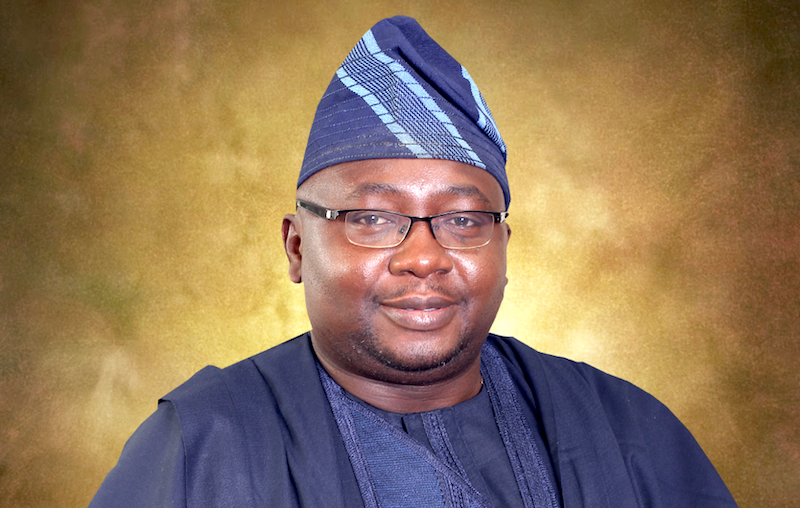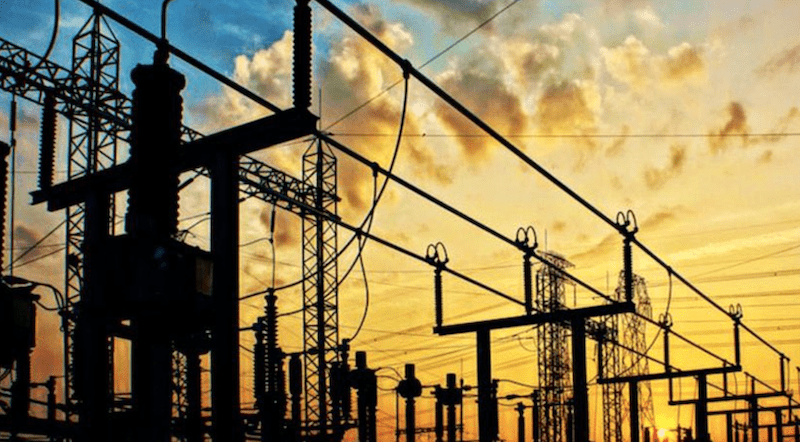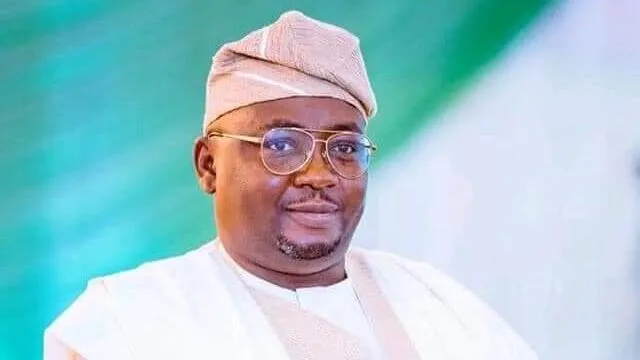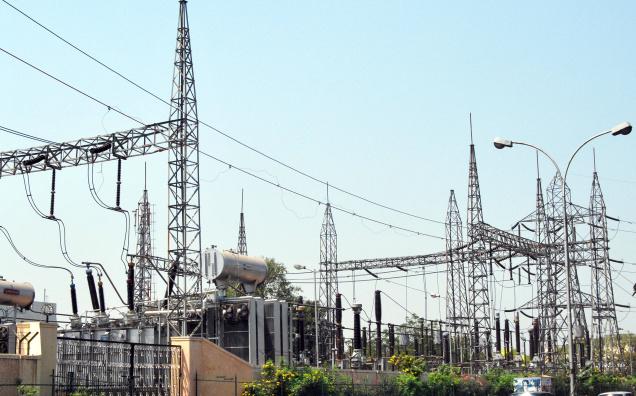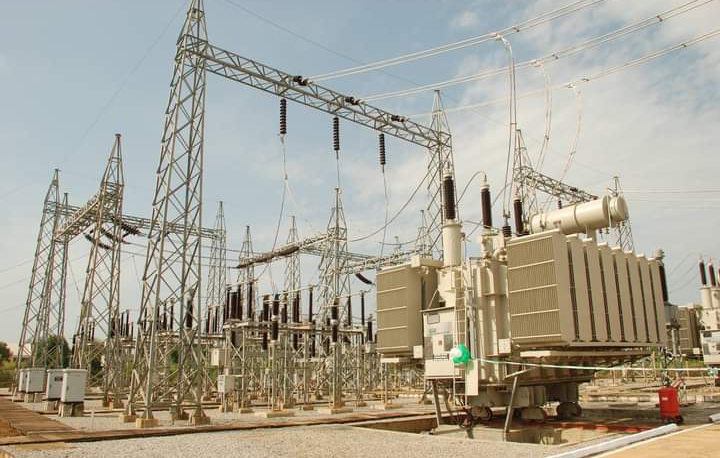The Minister of Power, Mr Adebayo Adelabu, has decried the activities of saboteurs and cartels in the electricity sector, blaming them for the incessant power outages in the country.
Adelabu expressed this during a programme tagged “Confronting Nigeria’s Power Challenge as the Nation Migrates to a Multi-Tier Electricity Market” on Tuesday in Abuja.
The programme was organised by the House of Representatives Committee on Power.
The minister said saboteurs and cartels perpetrated evil for their selfish interests in order to frustrate efforts at ensuring stable electricity supply in the country.
“We have saboteurs, cartels, and those who prefer to perpetrate evil for their selfish interests to frustrate our efforts,” Adelabu said.
He said all efforts must be geared towards propelling the country to the league of productive nations, adding that Nigeria was looking at reserves that would eliminate incessant power collapse.
He said the Federal Government was considering the liberalisation of the power sector.
“We also encourage the state government to invest in power generation in their states, ” the minister said.
Adelabu listed Abia as one of the states that had invested in power, adding that the Federal Executive Council (FEC) had also granted Ekiti and Enugu State the right to generate tariffs.
The minister said it was worrisome that a lot of investors did not come with their private equity, but had to borrow money from the bank to operate in the sector.
He, however, said that with time, investors would be made to operate the right way for the benefit of the sector.
The minister also said that FG was looking at deepening rural electrification, adding that it would be done in collaboration with the state governments.
Adelabu said there were over 100 uncompleted power projects across the country, adding that those projects would not be energy-efficient without being completed.
Speaking, Mr Kola Adeshina, Group Managing Director, Sahara Power Group, expressed the regret that Nigeria could not supply electricity efficiently in spite of its abundant gas resources.
He said if electricity was not a priority in budget provision, it would be difficult for the country to work.
Adeshina said Nigeria had the resources to double its power generation.
“If the executive brings an appropriation bill before you(lawmakers) and the power sector is not number two after defence, then don’t allow it.” he said.
He urged government to prioritise industrial areas in power distribution.
“After the industrial areas have had light during the day, we can shift power at night to residential areas because production takes place during the day.
“Let’s sequence our investment along the line of value-added. Nigerians are resilient, we are strong, and we have tenacity. Nigerians are tired of power collapse,” he said.
Speaker Abbas laments challenges in power sector
Meanwhile, the Speaker of the House of Representatives, Rep. Tajudeen Abbas say the power sector is grappled with challenges that have stifled its growth and efficiency.
He said this at a two-day interactive dialogue/workshop by the House of Representatives Committee on Power in Abuja on Tuesday.
Abbas listed the challenges to include inadequate generation capacity, dilapidated infrastructure, frequent disruptions in power supply, and financial inefficiencies that had eroded the sector’s viability.
He also said that the inadequate metering and the consequent revenue lost had perpetuated a cycle of debt and underinvestment that had undermined the sector’s potential.
He said that there was need to foster collaborative efforts that would leverage both public and private sector expertise and resources.
“This dialogue embodies such collaboration and is crucial in charting a forward path. The shift towards a multi-tier electricity market represents a strategic pivot in our approach to power sector reform,” he said.
He said that the model envisaged a structured market segmentation that allowed for differential pricing and service levels tailored to diverse consumer needs and capacities.
“It promises enhanced efficiency through competitive practices, encourages investment by delineating clear market segments, and improves reliability and service delivery across the board.
“There is the likelihood of improved reliability and quality of service, especially for high-demand users willing to pay more, thus indirectly benefiting the standard service tiers through reduced load.”
He said that in spite of the much-touted benefits, the transition to a multi-tier market was challenging, adding that it included regulatory complexities, the need for substantial capital investment
Others included the risk of market segmentation leading to disparities in service quality, and resistance from different stakeholder groups due to changes in tariff structures.
“Our commitment to transforming the Nigerian power sector into a model of efficiency and sustainability is unwavering,” he said.
Rep. Victor Nwokolo, the Chairman, House Committee on Power, said it was aimed at providing a dynamic platform for stakeholders to evaluate the progress made thus far in the Nigerian Electricity Supply Industry (NESI)’s development.
“We will delve into the successes, challenges, and opportunities encountered along this journey, seeking to identify key areas for improvement and innovation.”
He said that continuous engagement with all stakeholders was critical to ensuring that the reforms met the diverse needs of the population and maintain public trust.
He said that the workshop would serve as a platform for stakeholders to explore innovative solutions to the persistent challenges plaguing the power sector.
